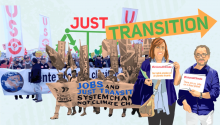If there is some good news in this election it is that, finally, every leader and party feels compelled to run on what they hope will be viewed as a credible climate plan, and each of the major parties appears to be presenting a somewhat stronger climate plan than just two years ago.








